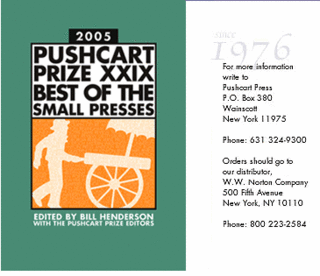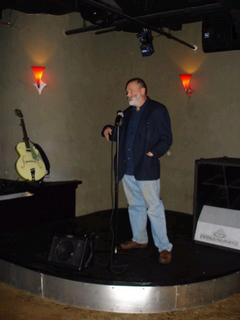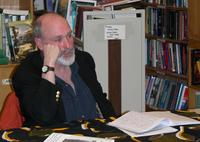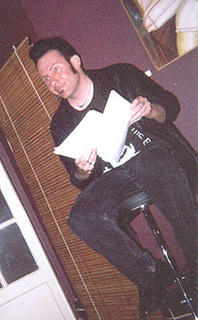
Interview with Philosopher/Poet Ifeanyi Menkiti
Ifeanyi Menkiti came to this country from Nigeria to study in the 1960’s. Years after he earned a PhD. in Philosophy from Harvard University and since has taught at Wellesley College for more than thirty years. He has penned three books of poetry: “Affirmations,” “The Jubilation of Falling Bodies,” and most recently “Of Altair: The Bright Light.’ His poetry has appeared in journals like “Ploughshares,” “New Directions,” and the “Massachusetts Review.” Menkiti is a recipient of an award by the “National Endowment of the Arts,” and his poetry has been aired on NPR, and other radio stations. I talked with Menkiti on my Somerville Community Access TV show ‘Poet to Poet/Writer to Writer.”
Doug Holder: You are trained as a philosopher. Is there poetry in philosophy and is there philosophy in poetry? Are they a good fit?
Ifeanyi Menkiti: I don’t think we have to make such a rigorous separation between the two. I think there is a connection between the two. There was an interesting observation by this poet who taught physics . He said: “I teach physics to make a living, I write poetry to live.” I don’t know if I would quite put it that way, but it is a sort of a philosophy of mine. Poetry deals with the meaning of life, the meaning of meaning, just like philosophy.
DH: In a press release that concerns your work as a poet, it reads: “… the poet looks deeply into the psyche of individuals, and urges us to look for references beyond our local prejudices, and thereby discover a sense of our shared humanity. Did your experience coming from Nigeria to the United States have a role in developing this goal in your work?
IM: Being born in Africa I had a very strong sense of my own being. I felt comfortable taking on the world. When I came to this country I was with kids from Asia, Sweden, all over, and it was good. I enjoyed it. I like the Global community. We tend to think we can only do the “local thing.” If you really want to protect the local state, you really have to look what’s going on in the rest of the world.
It’s not only American’s trying to open their own minds, it’s other people trying to see behind what’s at the surface. Americans are real human beings struggling to make sense of their lives, they have a lot of sorrow, and yet they keep on moving. In the book: “ Altair…” I am trying to bring this sense of mutuality together.
DH: In your poem from “Altair…” “They Will Rise,” you write: “… the body of Europe,/ but an elongation/ of the body of Africa…. Some deep mystery sprung/ from the soil of this Africa/ & the mystery is not done.” Do you believe Africa will rise from a third world continent to a major player in world affairs? What’s its mystery?
IM: I believe Africa has ancient wisdom. It’s an elder continent. I don’t see the buffoonery of Idi Amin, but I see the Africa of Mandela. There is another side of the continent that has to do with its rich culture, not just its suffering. There is a sense that we all carry that DNA from Eve who walked the grounds of Africa. The body of Europe is then an elongation of Africa.
DH: You like to play with words. In your poem “Hubble…” you describe neutrinos like they are funnily shaped pasta in alphabet soup, or the fact that “white instruments,” often search for “Black Holes”
IM: I am fascinated by the immensity of the night sky. All these wars, they are little, petty battles, like little chickens battling in the backyard, in comparison. I am fascinated by the mystery of the universe—the mystery of matter. Nature is so strange and mysterious that it becomes an inspiration for my work.
DH: In any good work there is a musicality, a particular cadence, inherent in it. Where does yours come from?
IM: My mother used to sing to me as a child. I think as you grow up, you pick these things up. The music of the African languages comes through. Each language has its own music. It is the sound of humanity. It is good to know music in language is not encased in locality, but has huge world wide content.
DH: In your own experience have you experienced poetry as a cohesive or healing force in society?
IM: I believe it has the power to do that. Poetry should not be used to beat up on the other guy, but to explore our common humanity. It comes from our common connection.













































